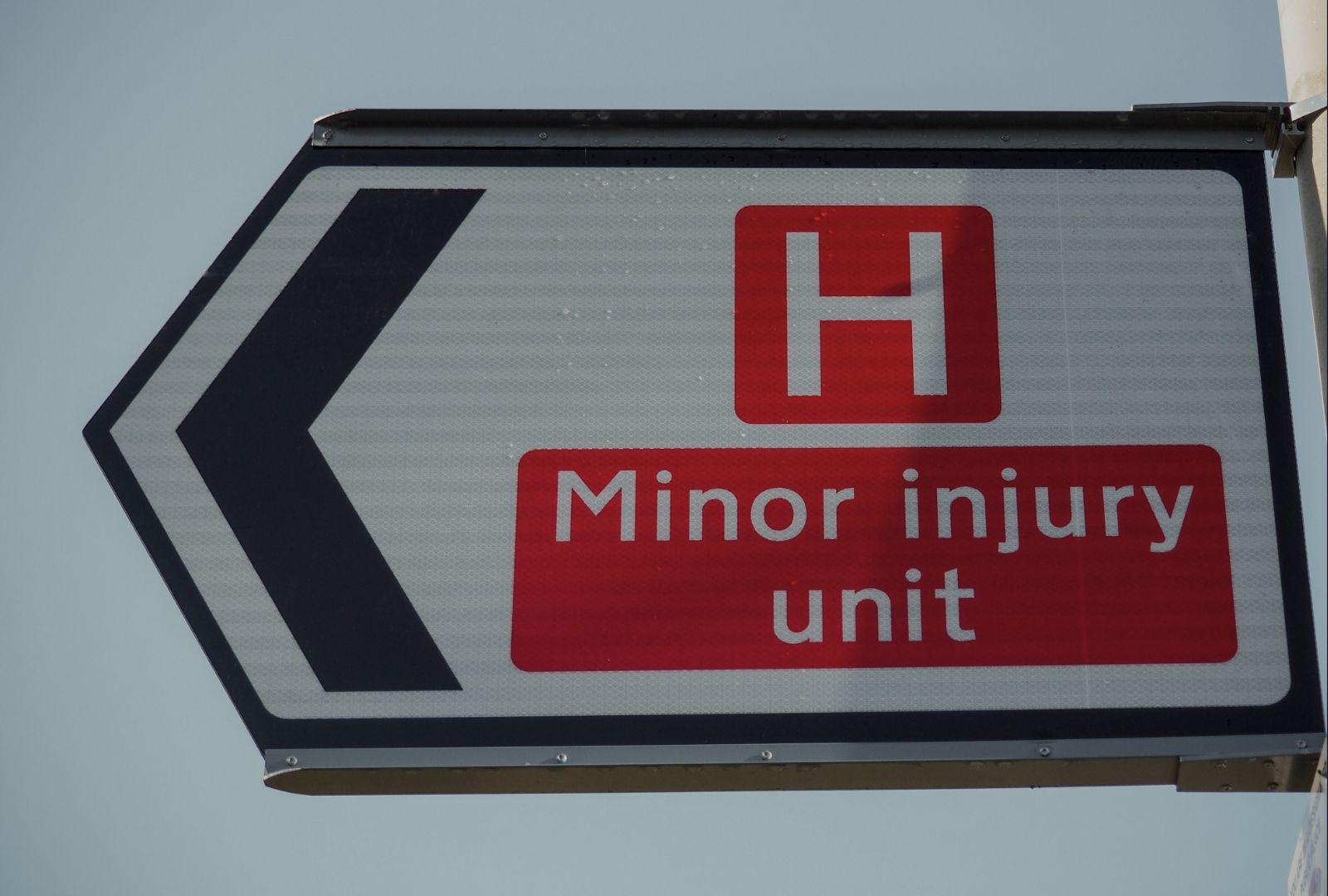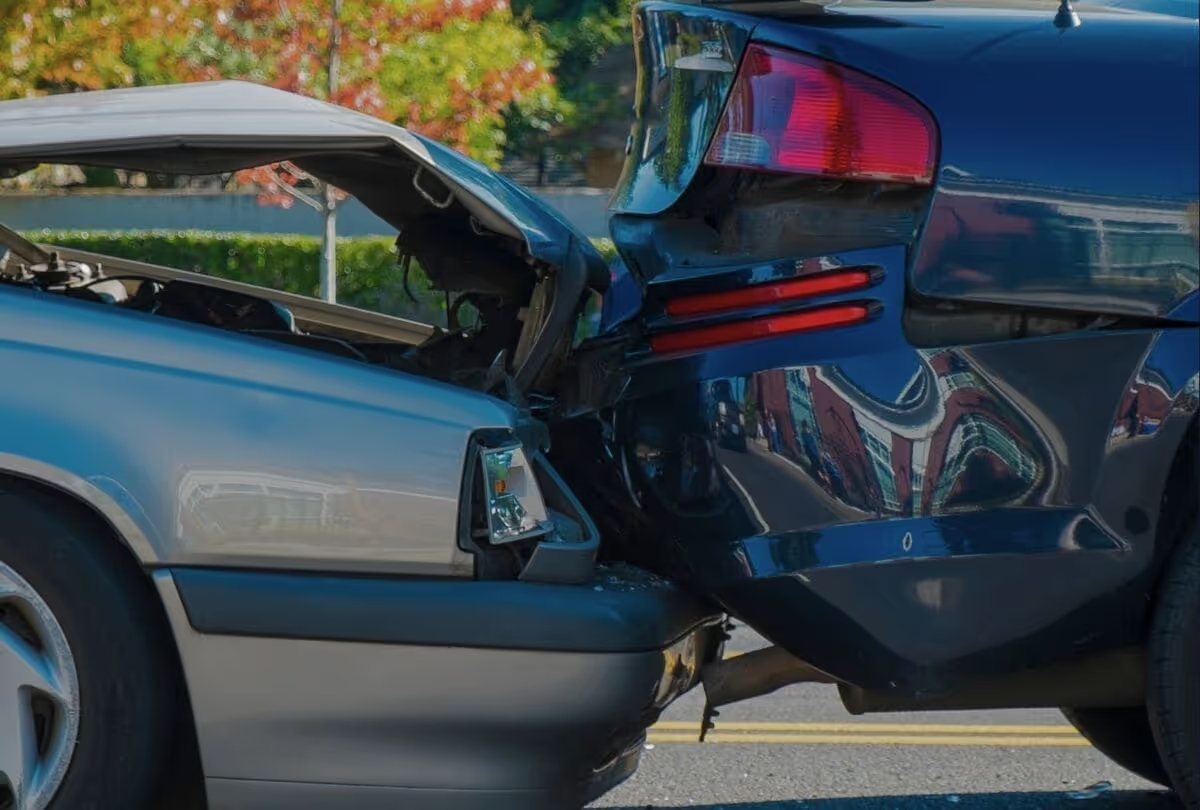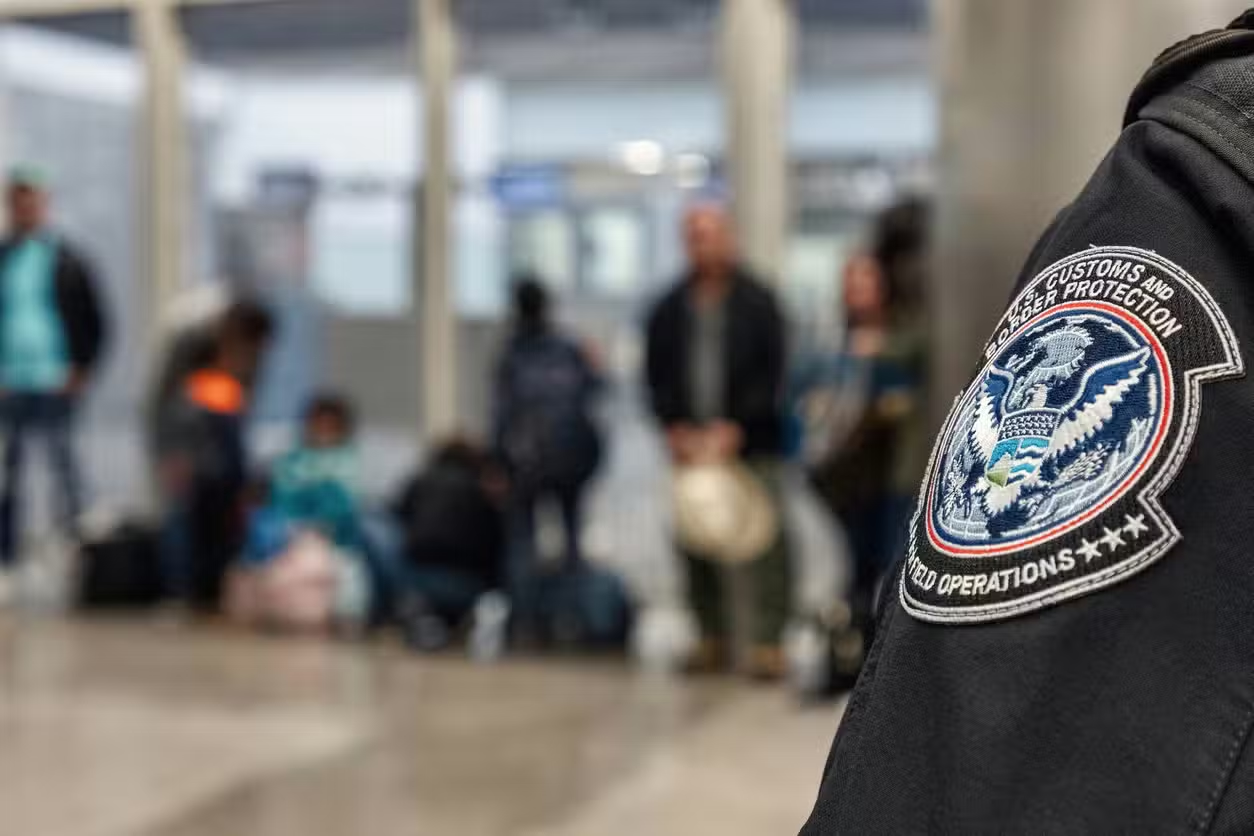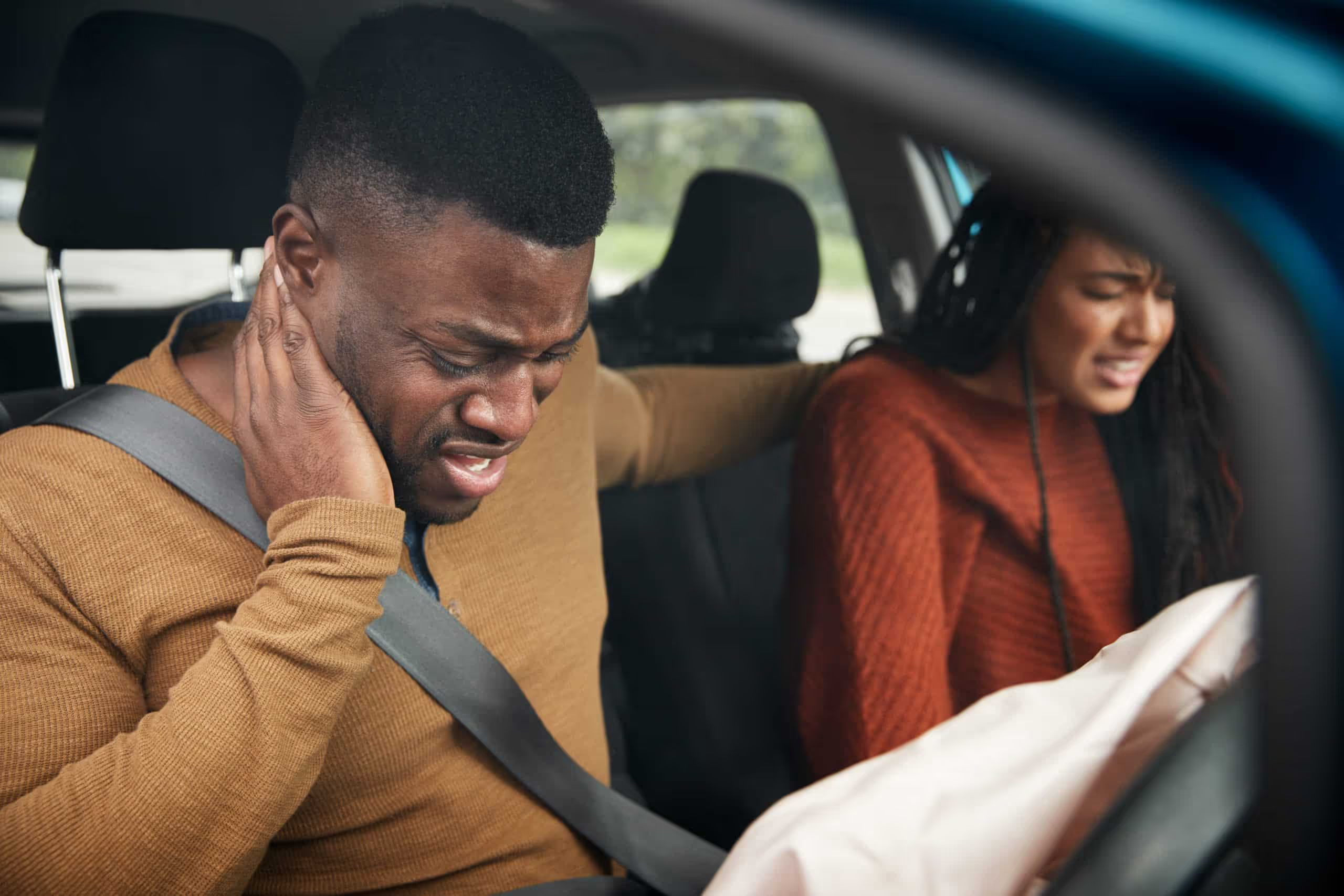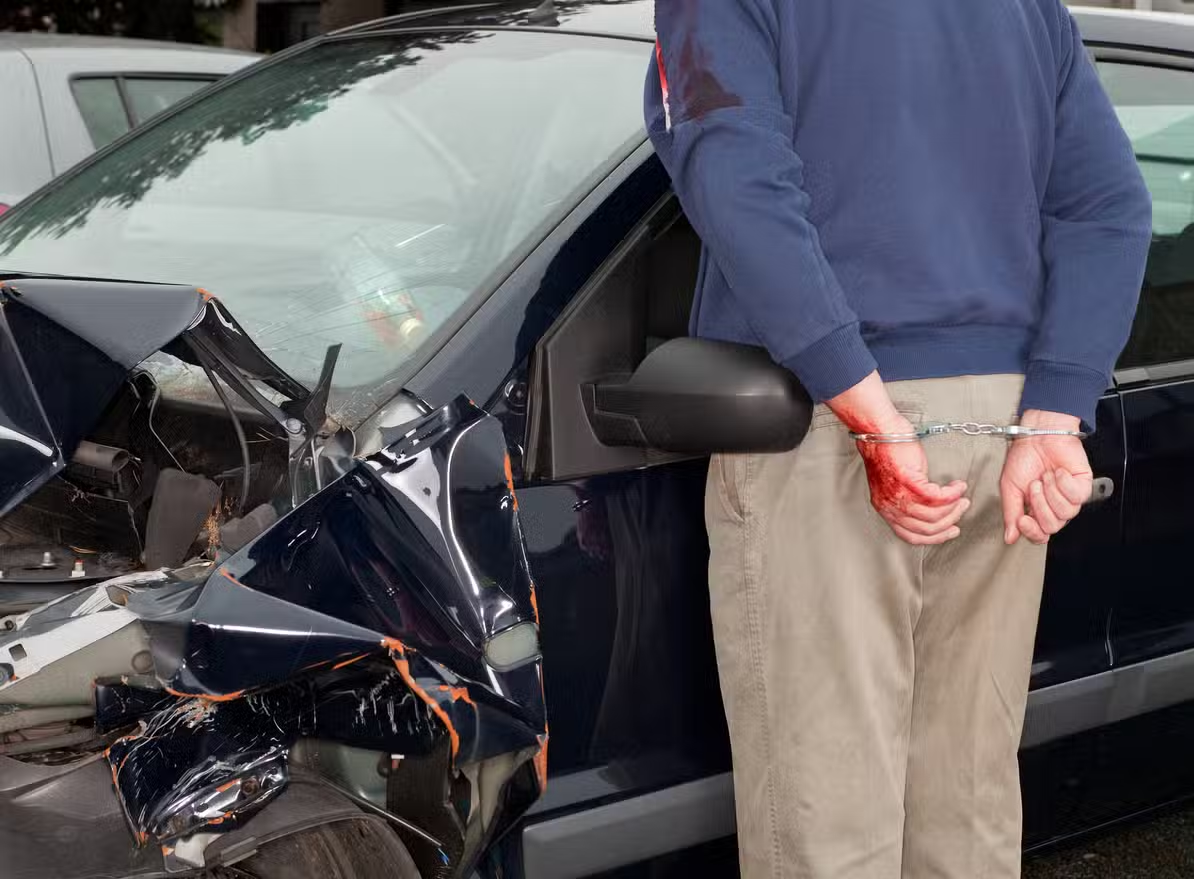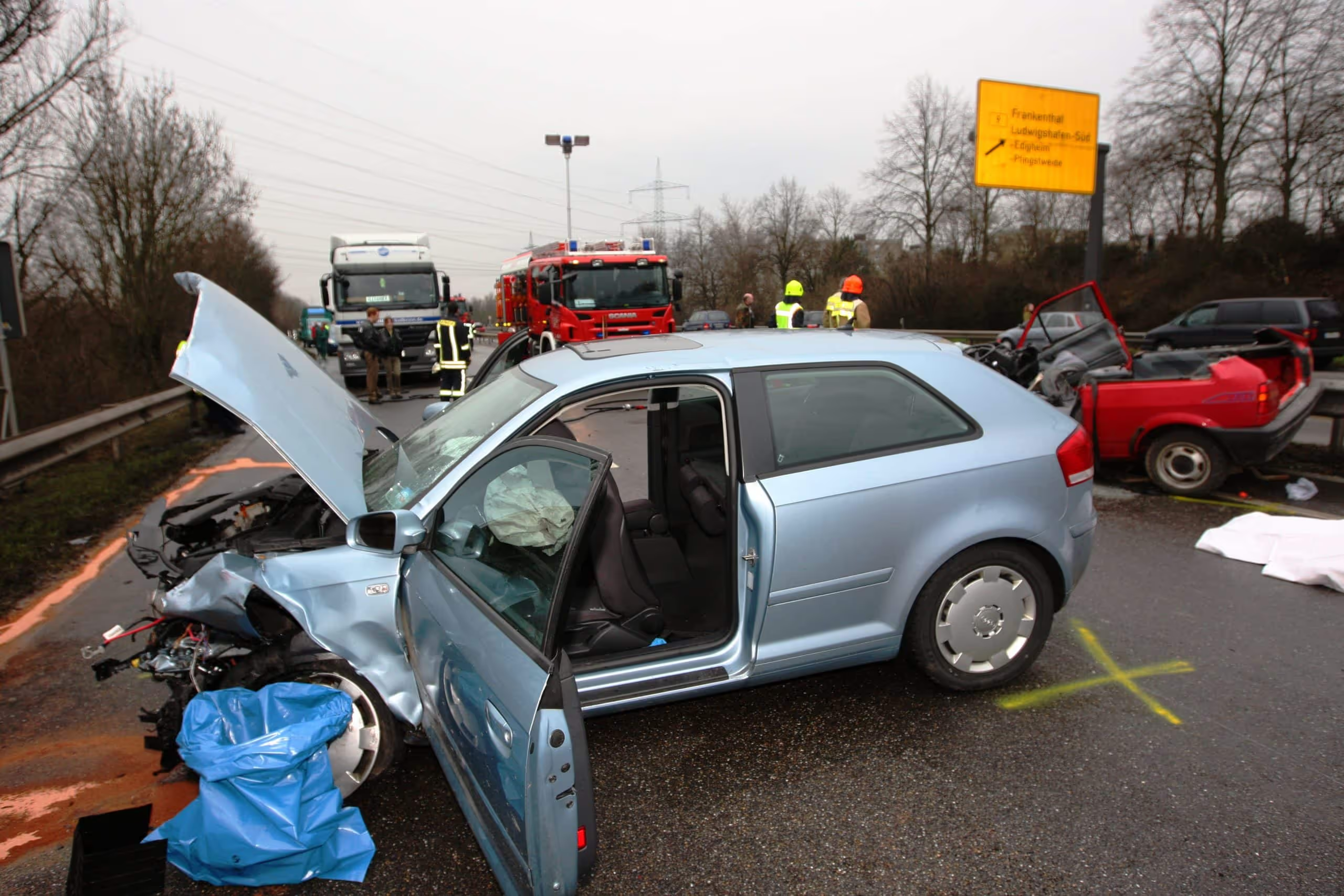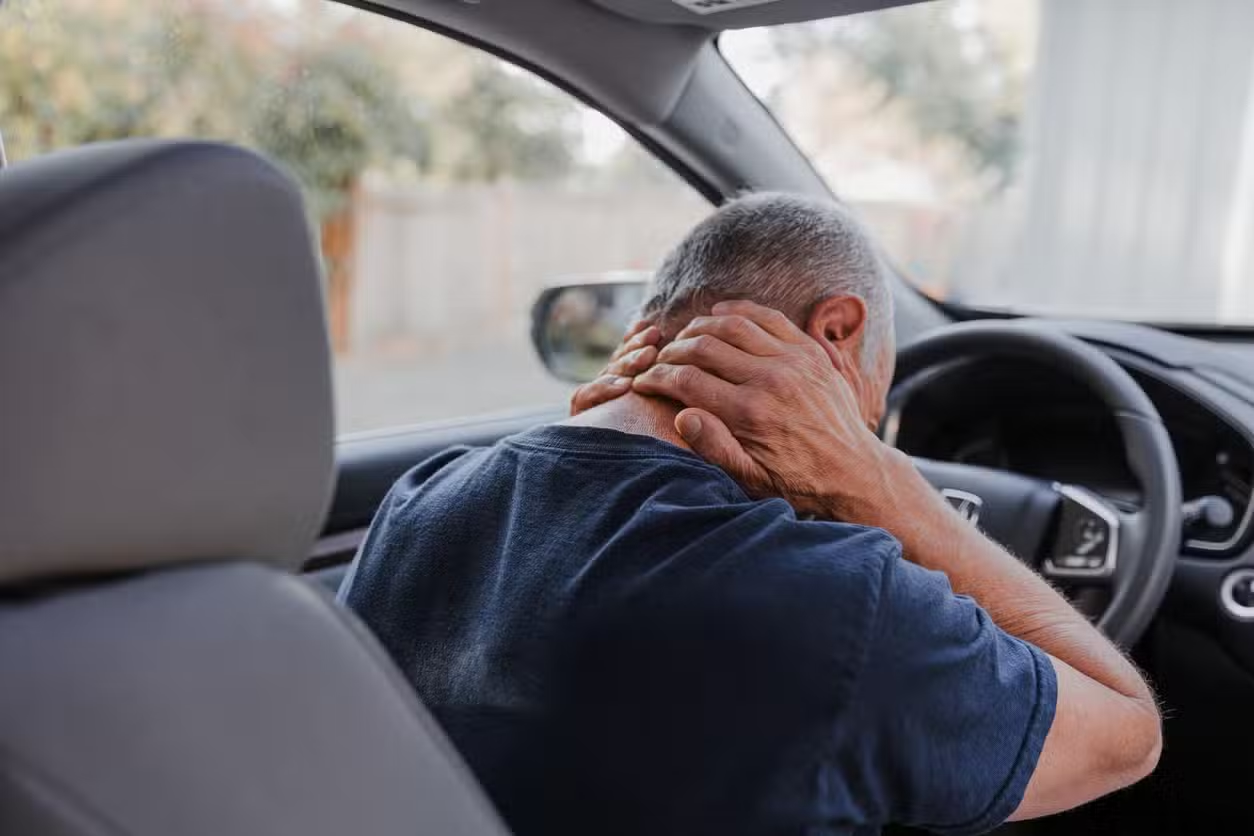Sleep is vital not only for your health but also for your safety on the road. Unfortunately, many drivers underestimate the impact of fatigue when they get behind the wheel. Driving while sleep-deprived slows reaction times, clouds judgment, and significantly increases the likelihood of a collision.
Even if a driver doesn’t fully fall asleep, extreme tiredness can result in critical errors—such as veering into another lane or failing to brake in time. Understanding the dangers of drowsy driving can help prevent avoidable tragedies on the road.
If you were injured in a crash and suspect the other driver may have been fatigued, Avian Law Group is here to help you explore your legal options. Contact us for a free consultation.
The Hidden Dangers of Fatigue Behind the Wheel
Sleep deprivation has a dramatic effect on your ability to drive safely. Studies show that staying awake for 18 consecutive hours impairs your abilities as much as having a blood alcohol concentration (BAC) of 0.05%. After 24 hours without rest, impairment levels are comparable to a BAC of 0.10%—above the legal limit for intoxicated driving.
Fatigued drivers are also susceptible to “microsleeps,” or brief moments of unconsciousness that last only seconds. These split-second lapses can be deadly, especially when operating a vehicle at highway speeds.
Alarming Statistics on Drowsy Driving
Each year, fatigue contributes to thousands of motor vehicle accidents across the U.S. According to national data, drowsy driving was a factor in around 91,000 crashes in 2017 alone, resulting in approximately 50,000 injuries and nearly 800 deaths. More recently, in 2022, 693 lives were lost due to drowsy driving.
In California, the problem is especially serious. The California Highway Patrol reported that roughly 4,000 crashes in 2023 were linked to driver fatigue. The two years prior each saw more than 5,000 similar incidents. These numbers highlight a growing public safety issue tied directly to insufficient rest.
Lack of sleep greatly increases crash risk. Drivers who sleep fewer than seven hours are twice as likely to be involved in a collision. That risk doubles again for those getting less than five hours of sleep per night.
What Causes Driver Fatigue?
Fatigue can stem from many sources. While lifestyle choices often play a role, underlying health conditions and work demands can also be major contributors. Common causes include:
- Extended Work Hours: Long shifts, especially in high-pressure jobs like trucking, healthcare, or delivery services, can leave drivers dangerously exhausted.
- Irregular Sleep Patterns: Night shift workers or those with rotating schedules often struggle to get quality rest due to disruptions in their circadian rhythm.
- Sleep Disorders: Conditions such as insomnia or obstructive sleep apnea can prevent deep, restorative sleep. Sleep apnea, in particular, causes brief interruptions in breathing that severely affect rest quality.
- Chronic Stress: Anxiety and stress can interfere with both falling asleep and staying asleep, leaving drivers poorly rested and more prone to errors on the road.
Preventing Drowsy Driving: Practical Tips
To reduce the risk of accidents caused by fatigue, drivers should prioritize sleep as part of their daily safety routine. Here are some ways to stay alert and well-rested:
- Maintain a Regular Sleep Schedule: Going to bed and waking up at the same time every day helps your body regulate its natural rhythms.
- Unwind Before Bed: Create a calming nighttime routine—read, meditate, or take a warm shower. Avoid screens in the hour before bedtime to reduce sleep disruption from blue light.
- Monitor Caffeine and Alcohol Intake: Cut off caffeine by late afternoon and limit alcohol before bed. Both can interfere with sleep quality.
- Take Breaks on Long Drives: Don’t push through fatigue. Pull over, stretch, and rest. A short nap can restore alertness and make a big difference in your focus.
- Address Sleep Issues: If you suspect a sleep disorder, talk to your doctor. Treating the problem could improve not just your rest but your safety—and the safety of others—on the road.
Injured by a Drowsy Driver? We Can Help.
Drowsy driving is dangerous and preventable. If you were hurt in an accident where fatigue may have been a factor, Avian Law Group is ready to stand by your side. Our experienced team can evaluate your case, determine fault, and help you pursue compensation for your injuries.
Sleep might be invisible—but its absence has real consequences. Stay rested. Stay safe.



.avif)











